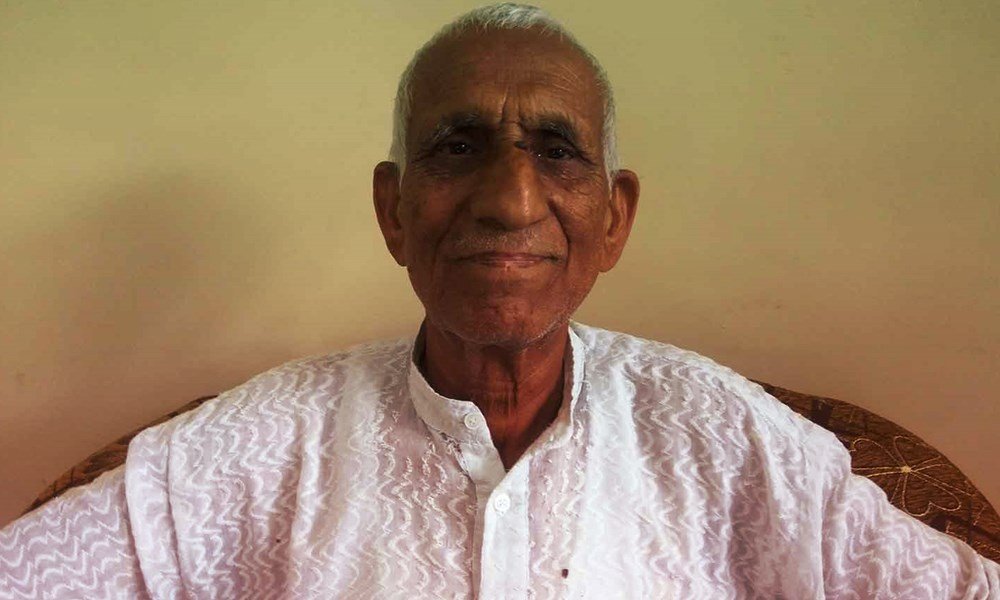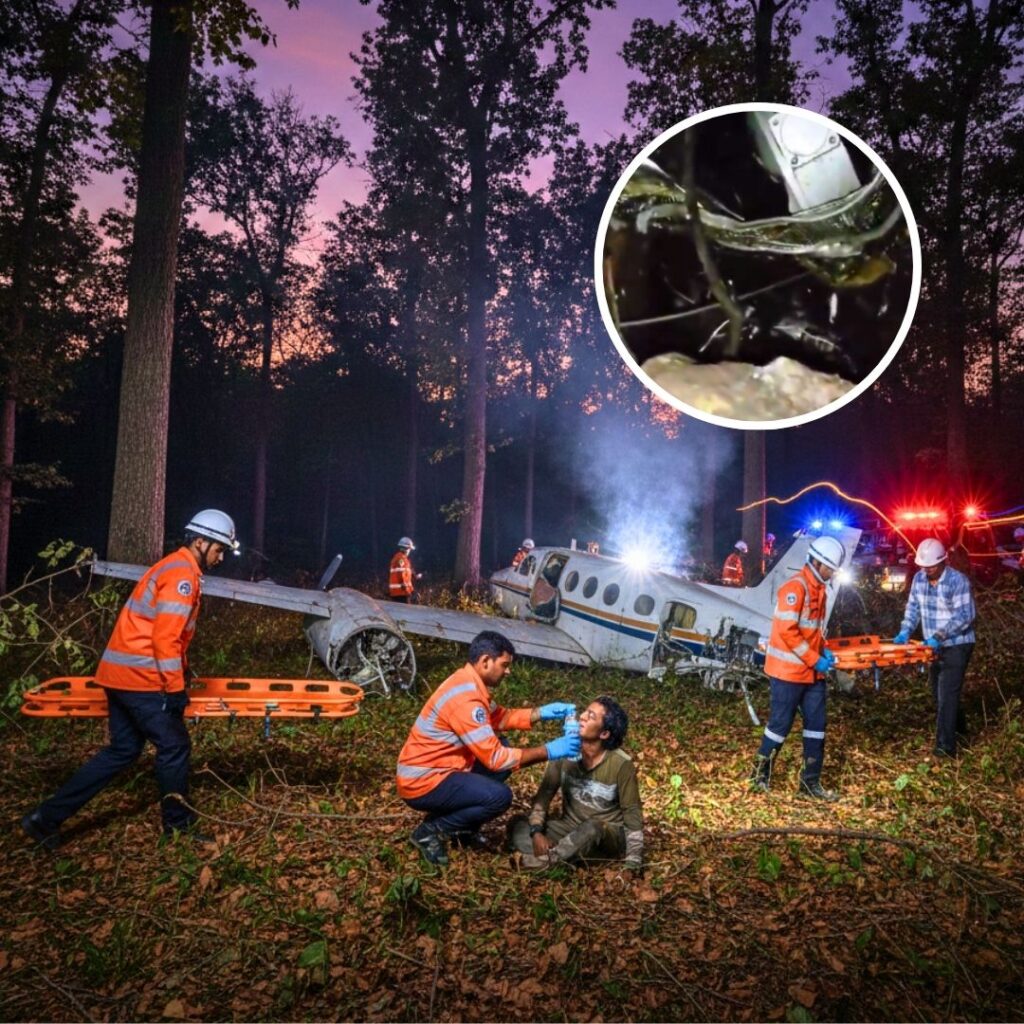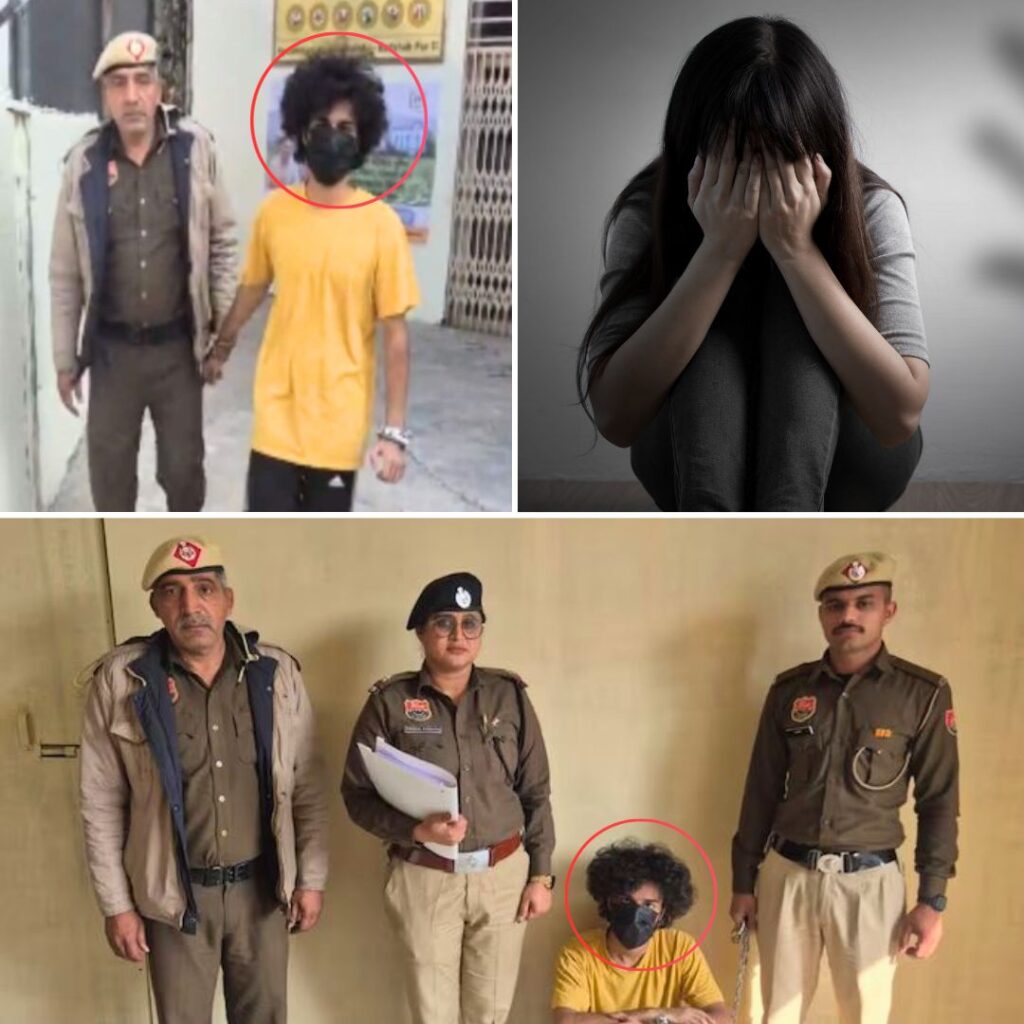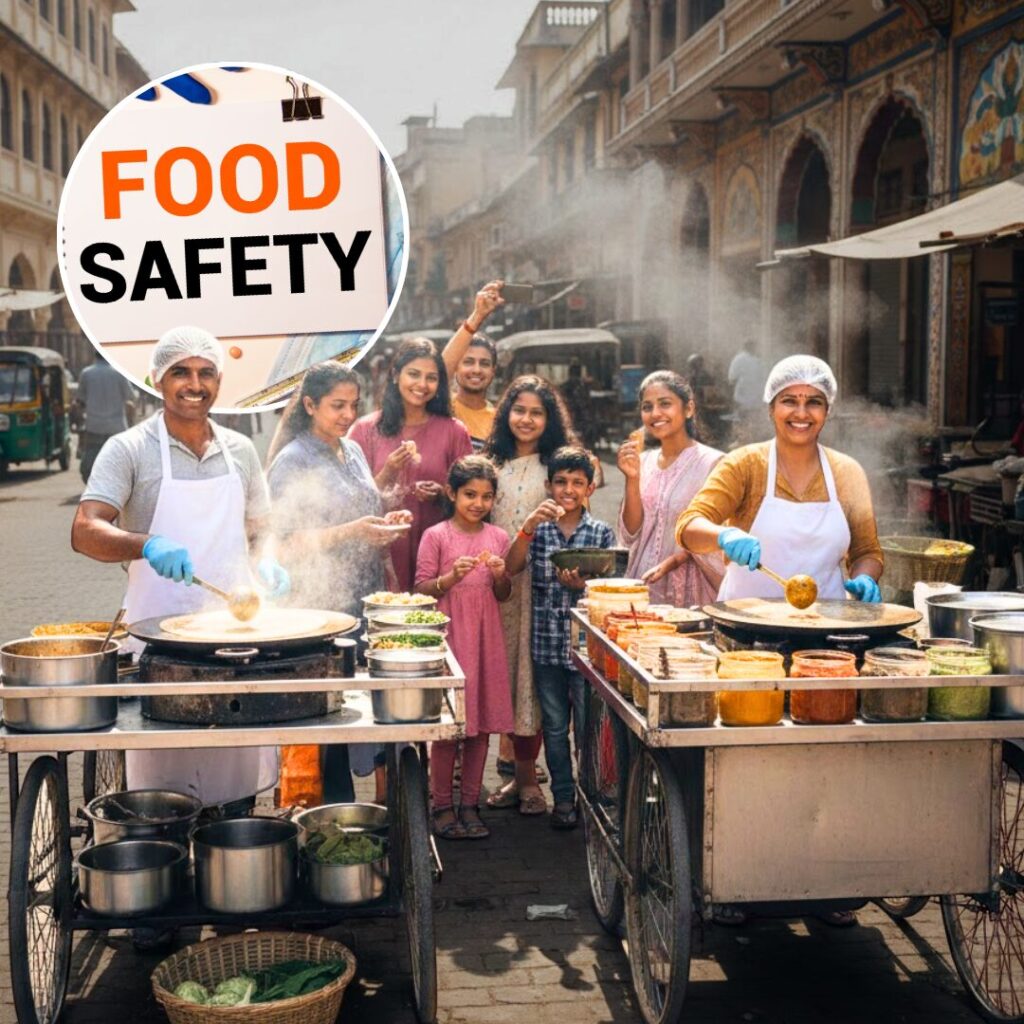Sampat Prakash is like any grandfather, technologically unaware. He shouts into the phone believing that it is his due diligence to perform such antics for the person on the other side to hear him.
He also gesticulates and sensationalises his speech with tone modulations – quintessential of a leader and mass mobiliser.
Speaking with fervour, passion, and a high sense of emotions, he may change the perception of what a Kashmiri Pandit is typically imagined to be.
As the Modi-led government has presented to its supporters and patrons, a dream about the return of Kashmiri Pandits to the Valley, the topic of their exodus has dominated media and social circles again.
After their painful and forced migration, that dates 30 years back to this day, some measures – effective and inconsequential – have been taken by successive governments to rehabilitate the exiled community out of the Valley.
However, after the events on August 5, 2019, it was reiterated and reported across various sections of the media and political mediums that the reading down of Article 370 was a step towards the resettlement of Kashmiri Pandits in their homeland.
But Sampat Prakash, an octogenarian, Kashmiri Pandit, and celebrity trade unionist, who had fought tooth and nail to protect the law of ‘his’ land, deems 370 as the supreme identity of the Kashmiri Nation.
Calling himself a Kashmiri Brahmin, whose ancestors ‘have lived and thrived on the land since the past 5000 years,’ the super-energetic 84-year-old recalled his years of struggle, resistance, and activism while speaking to The Logical Indian.
The veteran President of Jammu and Kashmir Government Employees’ Trade Union Federation, and Pensioners’ Federation Senior Citizens, Civil Society, Sampat Prakash foremost, expressed his dismay at the present state of his people, who he believes have let down the region’s 30 years of struggle and strife by keeping quiet over the snatching of their special status.
Excerpts from the interview:
Can you elaborate on the resistance you have led for the protection of Kashmir’s special status?
In 1967, I gave a call for the total strike of J&K’s government employees, teachers, public sector workers, including essential services, for demanding our right to avail benefits provided to other Central and state government employees. We wanted the same pension and allowances that were being enjoyed by government employees of other states. The people of Jammu and Kashmir were denied this over Article 370 and thus we went on strike and I led the movement.
Due to my ‘leader’ status, I was arrested and lodged in Tihar Jail, Jammu, under Preventive Detention Law passed by the Indian Parliament. In my detention order, it was mentioned – ‘my activities are prejudicial to the security of the state.’ Anyway, I challenged it from my prison cell, in the Supreme Court, by filing a habeas corpus petition. My question was, why I was detained under a law passed by the Indian Parliament because my state’s assembly hasn’t passed the same law. Our accession to the Indian Union was based on three points – communications, foreign affairs, and defence – that the Indian government had jurisdiction over, but this ‘detention’ was not under their purview.
My petition was referred to a 13-member bench headed by the then-Chief Justice Hidayatullah, who gave a judgement that is recorded as Sampat Prakash vs State of Jammu and Kashmir. For the first time in the country, 13 judges of the Supreme Court heard my writ petition for seven consecutive days, making it a historic event. Eventually, they dismissed my petition, but I was released citing humanitarian grounds – that I was only a leader and mobiliser, fighting for my people’s rights, non-violently.
So, from 1967 to this date I have been campaigning that the ‘great’ Article 370 and 35A is our defence and identity.
Even in 2018, when there was danger looming over our identity I gave a call for a strike that saw all types of participants from students, government employees, to shikara-waalas.
Article 370 is supreme and the identity of the Kashmiri nation.
If all of the Valley has always agitated for the preservation of the Article, how was it managed to be abrogated?
They first dissolved our State’s legislature, and then the Kashmiri politicians could not find common ground to form a front as they were fighting amongst themselves to constitute the government. Had they come together, the assembly would not have been dissolved and nobody would have touched Article 370. The Governor (Satya Pal Malik) could not have recommended its dissolution and the Indian Parliament would have had no opportunity to take up their cause of abrogating it.
What would this mean to the future of people who have been represented by you since six decades?
The future is a disappointing picture and I am worried. My people should have come out immediately as 35A was slashed out, 370 was emptied out, and the state was carved into two union t…











